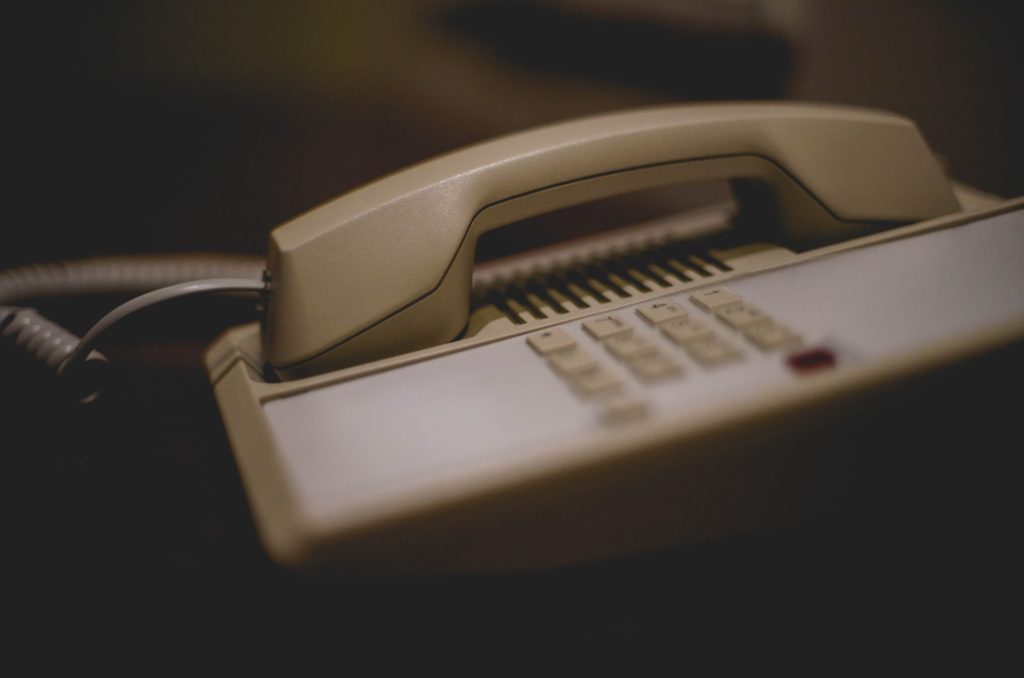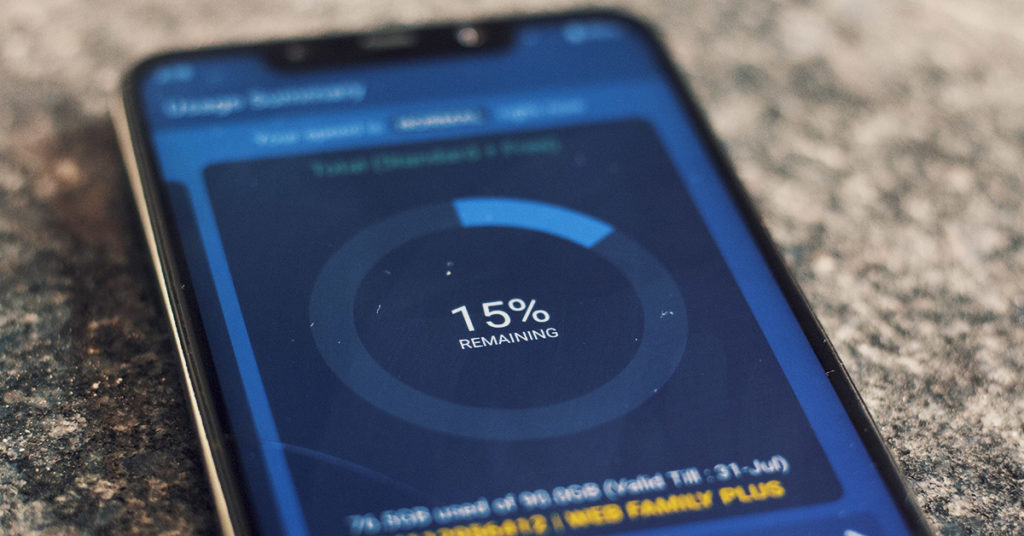Sri Lanka might finally be getting mobile number portability (MNP). Oshada Senanayake, Director General at the Telecommunications Regulatory Commission of Sri Lanka (TRCSL), recently announced that legal clearance was given for telecom operators to implement mobile number portability in Sri Lanka.
So how does this work? What does this mean for the average Sri Lankan? Here’s what you need to know.
How does number portability work?
Number portability is nothing new. In fact, the implementation of number portability in Sri Lanka has been in discussion for decades. As the name suggests, the basic idea is that consumers will have the ability to switch to another mobile service provider while retaining the same number.
Currently, there are two porting systems that make it possible. The International and European standards follow the recipient-led porting system. This is where the customer would contact the new network (recipient). This would prompt a request from the recipient to the existing network (donor). Alternatively, a donor-led porting system would have the customer contact the donor instead of the recipient. Here, the donor would issue a porting code following the request, to the recipient.
Currently, an execution strategy is in the works with the operators yet to decide on the type of porting for Sri Lanka.
How the number porting will happen
A part of the process involves creating a centralized database of ported numbers (CDB), also referred to as a central clearinghouse. This central database would enable an All Call Query (ACQ). An ACQ is where telecom operators make copies of the central database and queries it to find out which network to send a call or message to.

At the time of writing, the CDB for Sri Lanka’s number portability is a work-in-progress with all the operators to form an association to facilitate the process. Thereby, the number portability feature will likely be available around May 2022. So what will this look like for Sri Lankans?
For starters, the number portability feature may be a priced service, where a fee will be charged to move the number to another network. Additionally, minimum eligibility criteria may be set similar to MNP implementations in other countries. According to Thirukumar Nadarasa, CEO at Hutchison Telecom Sri Lanka, both of these factors along with other key decisions are yet to be decided by the industry.
Why is this a big deal?
Consumers have been requesting mobile number portability for decades. The implication of this feature is that consumers will no longer be tied down to a single carrier. In markets like Sri Lanka, changing an operator comes with its fair share of inconveniences. For one, moving to another service provider translates to changing your number and communicating it to all your contacts. This can be a tedious process, particularly in the case of a business number. Thus, you’re more likely to stick with the same provider even if you’re not happy with the service. In other words, there’s a high switching barrier in place. Number portability removes this hurdle and offers better control to the consumer.

One implication is that the process will incentivize operators to offer better customer service. Why? Because with number portability, customers will have very little tolerance for sticking with the same service.
“One of the problems that we face is after we stay with one mobile communication provider for some time, even if the service is good or bad we cannot go to another provider because we can’t lose the number we are using. Because that has become an ID for us,” mentions Senanayake.
Of course, this doesn’t mean that you will be able to change service providers whenever you feel like it. In fact, there is typically a minimum applicable period before the next porting to avoid congestion at porting points.
Better late than never
Sri Lanka will be one of the last countries in the South Asian region to implement mobile number portability. Pakistan, which the TRC took inspiration from with regards to implementing MNP, was the first in the region to have enabled MNP back in 2007.
But as with any new implementation, number portability offers its own set of challenges. One such challenge is the risk of mobile number porting scams. This is where a scammer uses your personal details, typically obtained via your social media profiles, to port your number to another provider. Afterward, the scammer would use your number to gain access to all your sensitive information. This ranges from service subscriptions to bank account details (verification codes).
A donor-led porting system would potentially curb this risk. However, the risk of having a donor-led porting mechanism is that it leaves operators with the incentive to convince users to stick with the same service. It will be interesting to see what strategy Sri Lanka will adopt.
Regardless, mobile number portability means that you as a customer will have more say in the matter as far as your mobile connection is concerned. So here’s hoping for the best.





Of course it should be recipient led-porting
It’s bull sh*t
Crime can be curbed by implementing 2FA
Of course, you’re right. Though I wouldn’t be surprised if they went the other way 😀
When this happens?